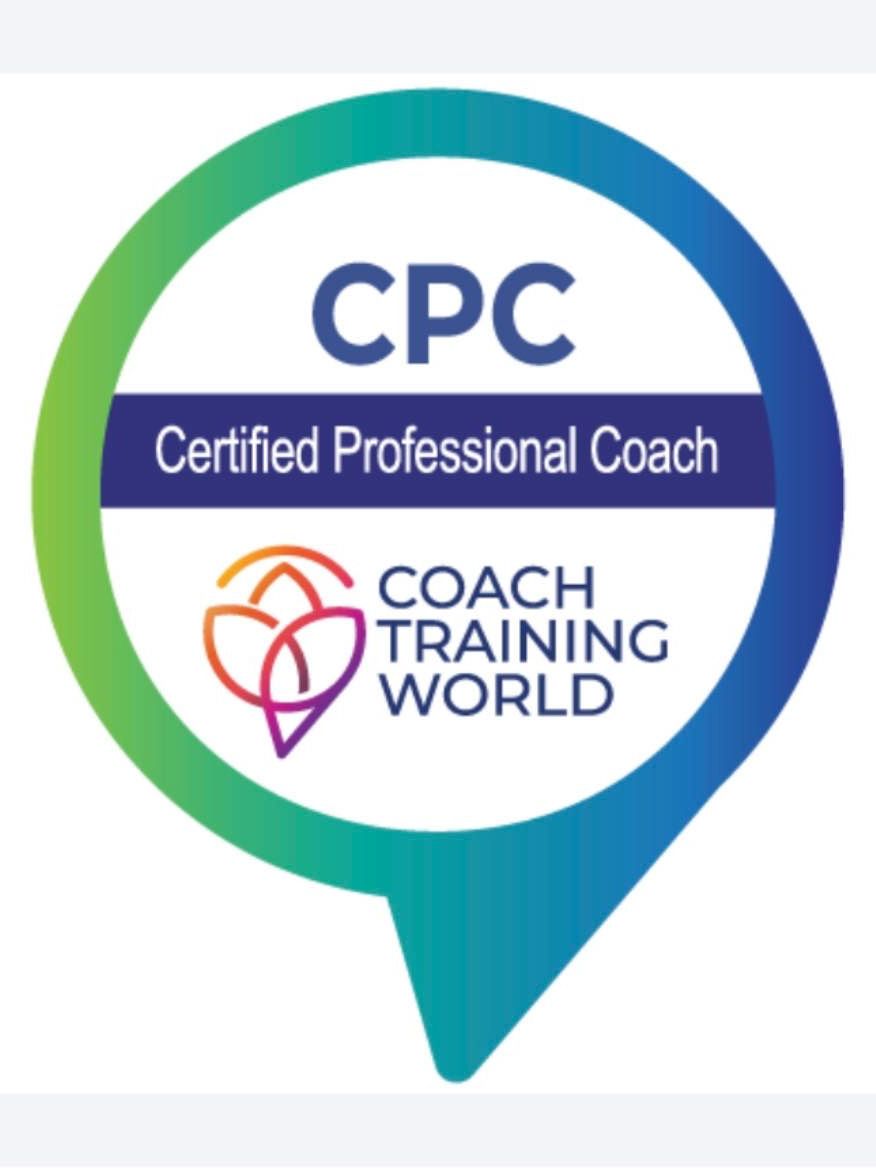Who's Really Impacting Your Relationship?
Who's Really Impacting Your Relationship?
Have you ever caught yourself making a relationship decision based on what someone else might think?
Maybe you hesitated to post a photo of your partner because your family doesn’t approve.
Or stayed in a relationship longer than you should have because your friends love them.
Or avoided expressing your needs because you didn’t want to be “too much” or risk rocking the boat.
These moments might seem small—but they’re powerful. And they speak to something we don’t often talk about enough: how much other people’s voices shape our relationships.
The Unseen Influence of “Others”
Whether it’s family, friends, culture, faith, or social media, most of us are managing more opinions than we realize. And while outside perspectives can offer support, they can also quietly undermine our clarity and confidence.
Sometimes the people closest to us project their own fears, regrets, or unhealed wounds onto our relationships. A parent who stayed in an unhappy marriage may encourage endurance over change. A friend who fears abandonment may warn you not to ask for too much. A community may idealize certain roles or dynamics that just don’t work for you.
It’s not always malicious—it’s just misaligned. Because what worked for them, or what they’re afraid of, doesn’t have to define your experience.
When We Outsource Our Intuition
It’s easy to lose connection with our inner selves when there’s so much noise. In coaching, I often hear:
• “I don’t want to disappoint my family.”
• “Everyone thinks we’re the perfect couple.”
• “They’re such a good person. I should be happy.”
These are signs that we’ve started outsourcing our sense of alignment to others. We begin to live in the “shoulds”—and “should” is rarely the path to emotional truth.
The real question becomes: What do you want?
Because only you are in your relationship day in and day out. Only you feel the ripple effects of each choice. And only you can fully know what is nourishing you—or draining you.
Reclaiming the Narrative
This isn’t about shutting others out. It’s about learning to filter feedback through your own values, not theirs.
Try asking yourself:
• Does this advice reflect my truth—or someone else’s fear?
• Am I trying to protect someone else’s comfort at the expense of my own?
• Would I still make this decision if no one else were watching or weighing in?
Relationships require honesty—and not just with your partner, but with yourself. They flourish when they’re grounded in authenticity, not performance.
Final Thoughts
Influence is inevitable—everyone has an opinion about how we “should” love, but ultimately, your relationship is yours to shape. When you notice outside voices pulling at your decisions, remember that reclaiming your authority is a practice, not a one-time event.
Start by pausing when you feel pressure: breathe, reflect, and ask yourself whose voice you’re hearing. Over time, you’ll build the muscle to sift through noise and lean into what truly aligns with you.
Authentic relationships grow when you show up as yourself—unfiltered and unapologetic. Keep choosing your own voice, and watch how your connections deepen, not because they fit someone else’s mold, but because they honor who you really are.
⸻
Ready to get clear on your voice in your relationships?
If you’re tired of second-guessing yourself or feeling pulled in too many directions, let’s talk. Coaching offers a safe, grounded space to explore where outside influences have crept in—and how to reconnect with your own clarity, boundaries, and desires.
You deserve relationships that reflect you, not everyone else’s expectations.
Let’s reclaim your voice together.













